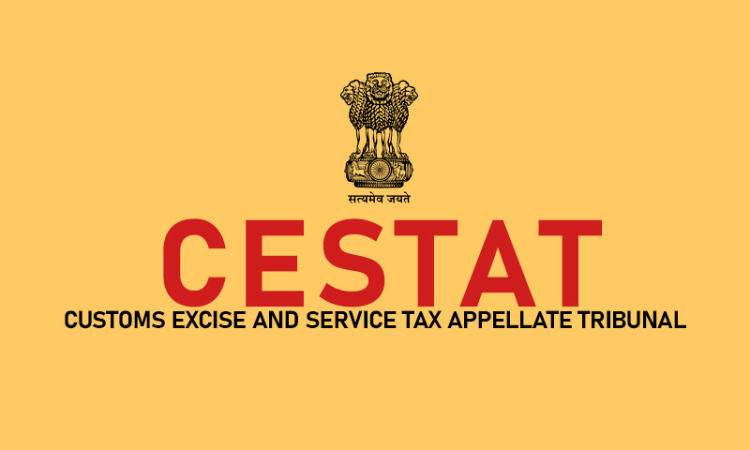SFPs Classifiable As Parts Of Telecom Equipment: CESTAT Allows Customs Duty Exemption To Reliance Jio Infocomm
Mariya Paliwala
9 Aug 2022 12:45 PM IST

Next Story
9 Aug 2022 12:45 PM IST
The Mumbai Bench of the Customs, Excise and Service Tax Appellate Tribunal (CESTAT) has granted the customs duty exemption to Reliance Jio Infocomm and held that Customs Excise and Service Tax Appellate Tribunal (CESTAT) is classifiable as part of telecom equipment. The two-member bench of S.K. Mohanty (Judicial Member) and P. Anjani Kumar (Technical Member) has observed that the SFP...
